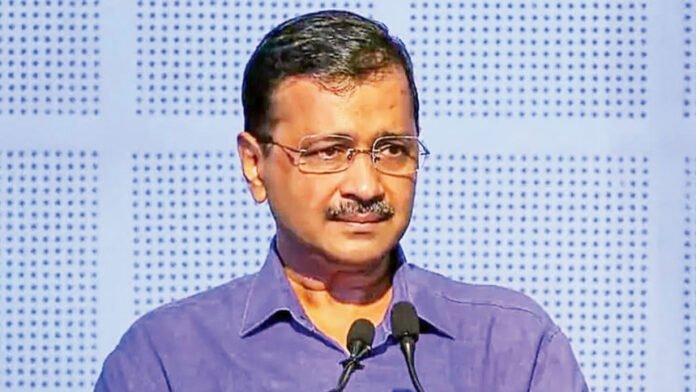India’s Central Bureau of Investigation (CBI) today formally arrested Delhi chief minister and key opposition politician Arvind Kejriwal in connection with a case related to excise policy scam.
The anti-corruption agency sought permission from the trial court to arrest Kejriwal, which was granted by special judge Amitabh Rawat. Kejriwal is already in prison after he was arrested by anti-money laundering agency Enforcement Directorate on March 21 in connection with the same case.
The Supreme Court, meanwhile, allowed the Aam Aadmi Party (AAP) chief to file a fresh petition challenging the Delhi High Court’s order that stayed the trial court’s direction to grant Kejriwal regular bail.
The development came after the Rouse Avenue trial court allowed CBI to cross-examine Kejriwal in the courtroom and asked it to place on record the material that they have for his arrest.
Kejriwal was brought to Rouse Avenue Court by CBI this morning for a hearing in the excise policy case.
In a separate development, Kejriwal was today allowed by the Supreme Court his earlier plea challenging the Delhi High Court order granting an interim stay on the trial court’s bail order in a money laundering case linked to the excise scam after AAP lawyer and Abhishek Manu Singhvi said since the high court has passed a detailed order on June 25, he would like to file a substantial appeal and that new developments were taking place every day and Kejriwal has now been arrested by CBI.
Kejriwal was arrested by ED in the midst of parliamentary election campaign but was given interim bail by the apex court for 21 days to undertake poll campaigns.
The AAP chief returned to the prison on June 2, two days after election results were declared which showed his party suffering a debacle failing to win a single Lok Sabha seat in Delhi, Haryana and Gujarat and bagging just three out of the 13 seats in Punjab ruled by AAP.













